Managing new technologies and risks
Michelle van der Merwe, accounts manager for yacht insurance at Pantaenius discussed insurance trends, in particular the impact of new technologies like lithium-ion batteries, often the cause of fires on board. Insurers are starting to impose stricter clauses to manage new risks: “New technologies on yachts like lithium-ion batteries, require crews to have more training to avoid accidents”. The possibility of insurance policies becoming more rigid if risks are not controlled is another issue the sector will have to take into consideration. Managing Director of SMIT Salvage, Richard Janssen, made an important contribution to the debate. With his experience in managing complex high risk maritime salvage operations, Richard Janssen shared his extensive knowledge of maritime safety, based on several examples of notable incidents such as the rescue of Modern Express (164m) which was drifting dangerously close to the French coast in 2016, and the famous blockage of the Suez Canal by Ever Given. “When a problem occurs, time is of the essence. Being prepared to manage a situation before it escalates can significantly reduce the damage”.
The Winter Pop-Up, that followed the 10-year celebrations of the Cluster Yachting Monaco earlier this year, confirms Monaco’s commitment to promoting sustainable innovative yachting.
About Cluster Yachting Monaco
Established a decade ago the Cluster Yachting Monaco unites nearly 90 member companies in different yacht-related fields. As a focal hub, it encourages synergies to foster innovation and sustainable growth. In 2022, the yachting industry in Monaco represented a turnover of €567.1 million, 3% of total revenue in the Principality, 411 companies and generated 1,429 jobs on land.
